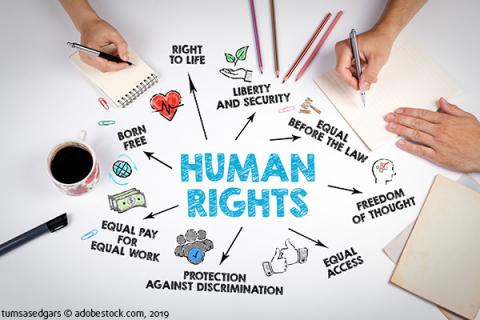
The human rights implications of the Strangford Lough Crossing (SLC) are significant and multifaceted.
Here are the key human rights considerations:
Right to Equality and Non-Discrimination
The SLC addresses systemic discrimination by geography and infrastructure inequality. The current ferry operates at only 34% capacity, creating artificial barriers that affect different communities unequally. The project promotes equality by ensuring that community benefits transcend political divisions and serve people “regardless of their background or political affiliation.”
Right to Participate in Cultural Life
The SLC would remove barriers that currently prevent young people from accessing GAA development programmes, Irish language activities, music, and cultural celebrations. This directly supports Article 27 of the Universal Declaration of Human Rights regarding participation in cultural life. The crossing would enable Peninsula children to participate in all-Ireland sporting, cultural, and educational programmes regardless of their background.
Disability Rights and Accessibility
The project aligns with inclusive transport principles outlined in the Transport Strategy 2035, which emphasizes that accessibility must be built into all public transport investment. The strategy commits to:
- Using best practice design standards including Inclusive Mobility
- Ensuring people with disabilities have equal access to transport
- Recognizing that current transport systems create barriers for disabled people
- Providing safe and accessible travel for everyone
Right to Education and Development
The SLC would enhance educational exchanges and school partnerships across Ireland, supporting children’s right to education without geographical constraints. It specifically addresses how infrastructure limitations currently prevent young people from “discovering and developing their talents.”
Economic and Social Rights
The crossing would improve access to employment, healthcare, and public services, supporting fundamental economic and social rights. It addresses regional economic inequality, as the area currently has the lowest median wages in Northern Ireland.
Right to Family Life
The project would restore “natural community connections severed by inadequate ferry capacity,” supporting family reunification and strengthened community bonds across traditional boundaries.
Cross-Community Rights and Reconciliation
Perhaps most significantly, the SLC represents a model for respecting the rights of all communities. The cross-party support from DUP to Sinn Féin demonstrates how infrastructure can serve as a foundation for building understanding between different traditions while respecting diverse political viewpoints.
The project embodies the principle that infrastructure should unite rather than divide communities, ensuring that practical cooperation can build understanding across political traditions while delivering tangible benefits for all residents regardless of their background.
